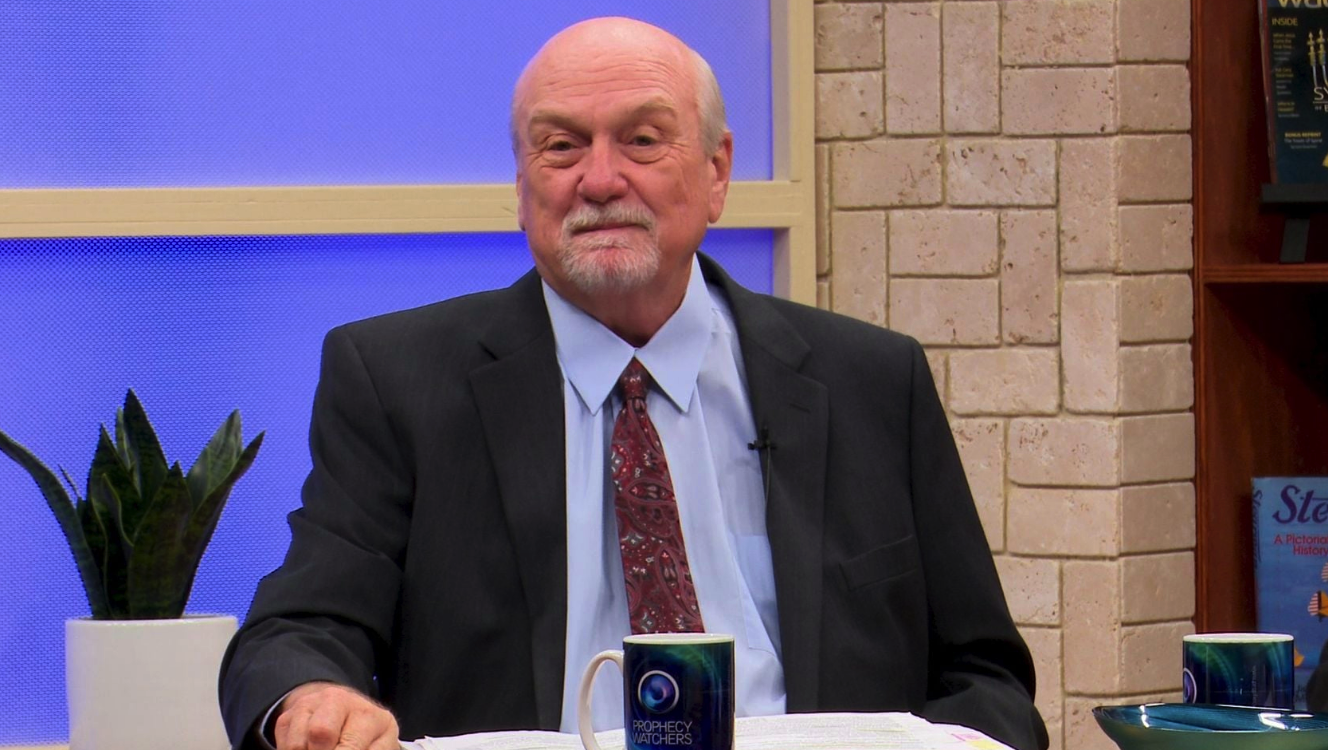https://www.youtube.com/watch?v=w88qd3rjTs0
While
there is fear and trepidation associated with the possibility of
Trump winning the next election, it's essential to approach this
topic with a clear understanding of The U.S. constitutional structure
and lessons learned from his first term.
**1. Legal Resistance and Judicial Role:**
During his first term, Trump attempted various actions that met
robust legal resistance. For instance:
- Banning foreign Muslims from entering the US.
- Punishing sanctuary cities.
- Building a border wall without congressional authorization.
- Changing the census questionnaire to intimidate Hispanics.
In each case, Trump's efforts faced legal challenges, often
through executive orders. The judiciary played a crucial role in
resisting these actions. Even though Trump appointed many judges,
including three Supreme Court justices, they consistently upheld
legal precedent over loyalty to him. The courts represent a strong
bulwark against any future attempts by Trump to break constitutional
rules.
**2. Media Responsibility:**
The media has a critical role in informing American citizens about
the dangers of a Trump win. While polls may vary, it's essential to
emphasize that Trump, if re-elected, could use federal power to
target political rivals and critics. His allies have even considered
invoking the Insurrection Act on day one, potentially turning the US
into an authoritarian regime. Additionally:
- Trump plans to put loyal lawyers in key posts.
- He aims to limit the independence of federal agencies.
The press must communicate these realities effectively rather than
focusing solely on horse-race dynamics or the personal attributes of
candidates.
**3. Voting Rights and Democracy:**
Ultimately, whether or not Trump is re-elected impacts fundamental
aspects of American democracy:
- Elections decide outcomes.
- Voting rights matter.
- Politicians should not baselessly prosecute their adversaries.
Therefore, understanding these risks is crucial for citizens who
value democratic principles.
Remember that pre-election polls have limited predictive power
until closer to election day. It's essential to stay informed and
engage in discussions that promote constitutional values while
avoiding undue panic.
There are only two clear choices in American politics: the
Democrats or the Republicans. If someone disapproves of Biden's
performance, there are no other viable options, as Trump is likely to
win the nomination.
Please note that pre-election polls have limited predictive power
for the final result until the end of the summer in an election year.
The 2024 presidential election is shaping up to be a rematch between
President Joe Biden and former President Donald Trump. According to
recent polling averages, Biden holds a lead over Trump among
registered voters in a hypothetical general election matchup, with
**50%** for Biden and **44%** for Trump.
The election will likely be less about popularity and more of a
referendum on which candidate Americans perceive as the least
unfavorable option. Both men have faced challenges during their
terms, and voters will ultimately decide based on their assessment of
each candidate's performance and policies.
As the U.S. approach Election Day, it's essential to stay informed
about developments, debates, and campaign events. Keep an eye on
reliable news sources for updates on both candidates' positions and
how they address critical issues facing the nation. Remember that
polls can fluctuate, so it's essential to consider a broader context
when evaluating electoral dynamics.
If you're interested in tracking the latest polling data or want
more detailed information on specific states, you can explore
resources like The Economist's poll tracker or 270 toWin's polling
averages. The campaign season is just beginning, so there will be
many key dates ahead, including debates, conventions, and Election
Day itself.
**Media** indeed has a momentous influence on **social norms** and
values. Through various channels such as television, movies, and
online platforms, media shapes societal perceptions and reinforces or
challenges existing social norms. Certain behaviors, beliefs, and
values are portrayed as desirable or acceptable, which can impact how
people perceive and respond to important events like major elections.
Research has shown that media effects are mainly driven by
**social effects** rather than individual persuasion. While media can
provide new information that persuades individuals to accept it (the
individual channel), it also informs listeners about what others
learn, thus facilitating coordination (the social channel). The
social channel can enhance the coordination of norms by creating
common knowledge. For instance, a radio program in Mexico decreased
personal and perceived social acceptance of violence against women
and increased support for gender equality through social channels.
In summary, media plays a crucial role in shaping attitudes and
behaviors related to important events, but its impact is often
mediated through social mechanisms rather than direct persuasion.
Websites, YouTube, and social media have a significant impact on
people's views and attitudes towards important events such as major
elections, which can affect their future, particularly their
finances. Those who engage in biased reporting should not be
supported, as all they are doing is expressing an opinion that may
not be reliable.
Blessings

